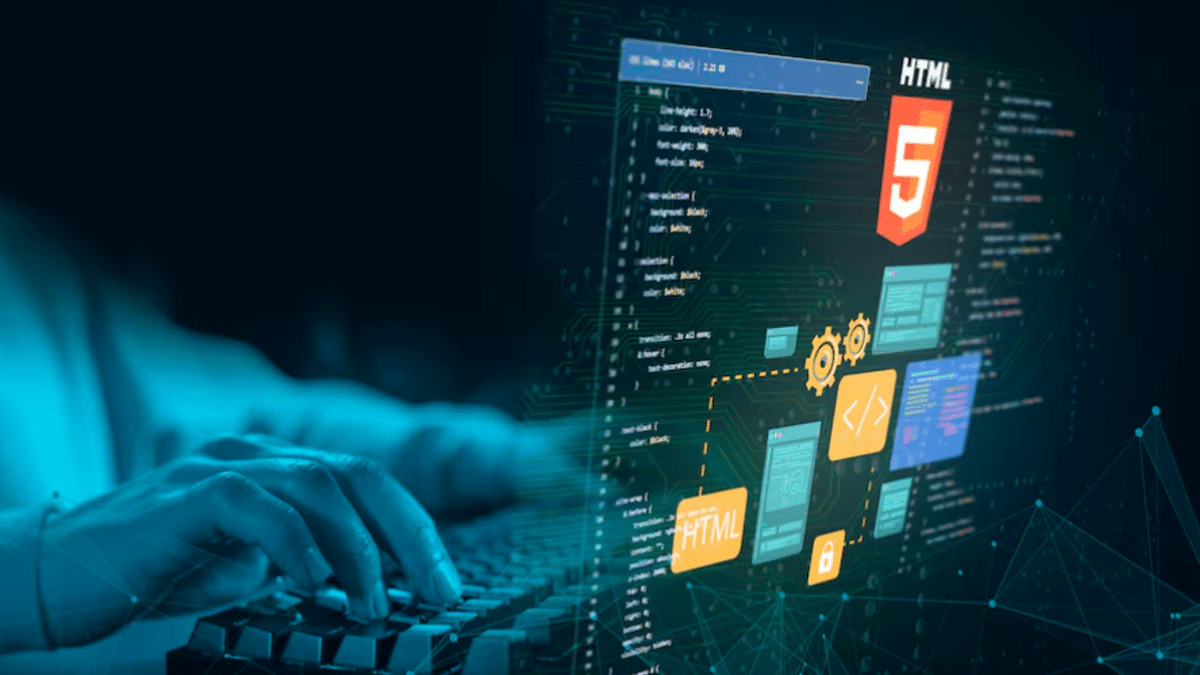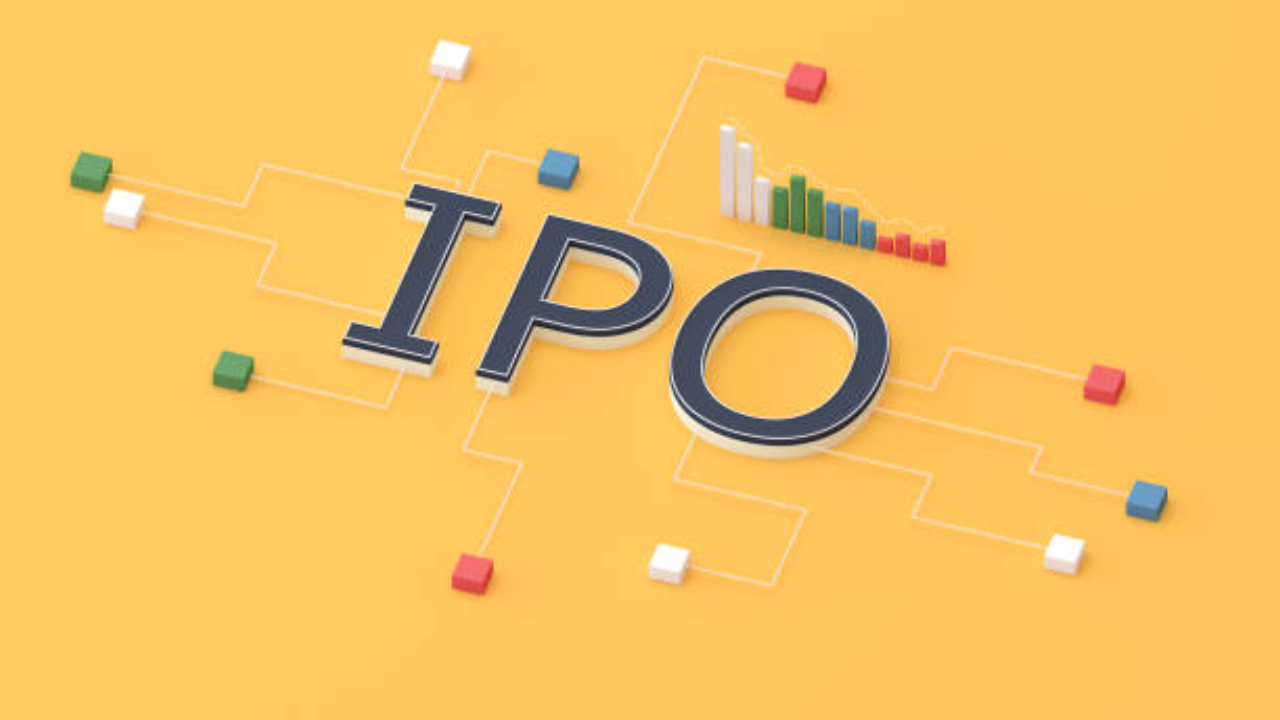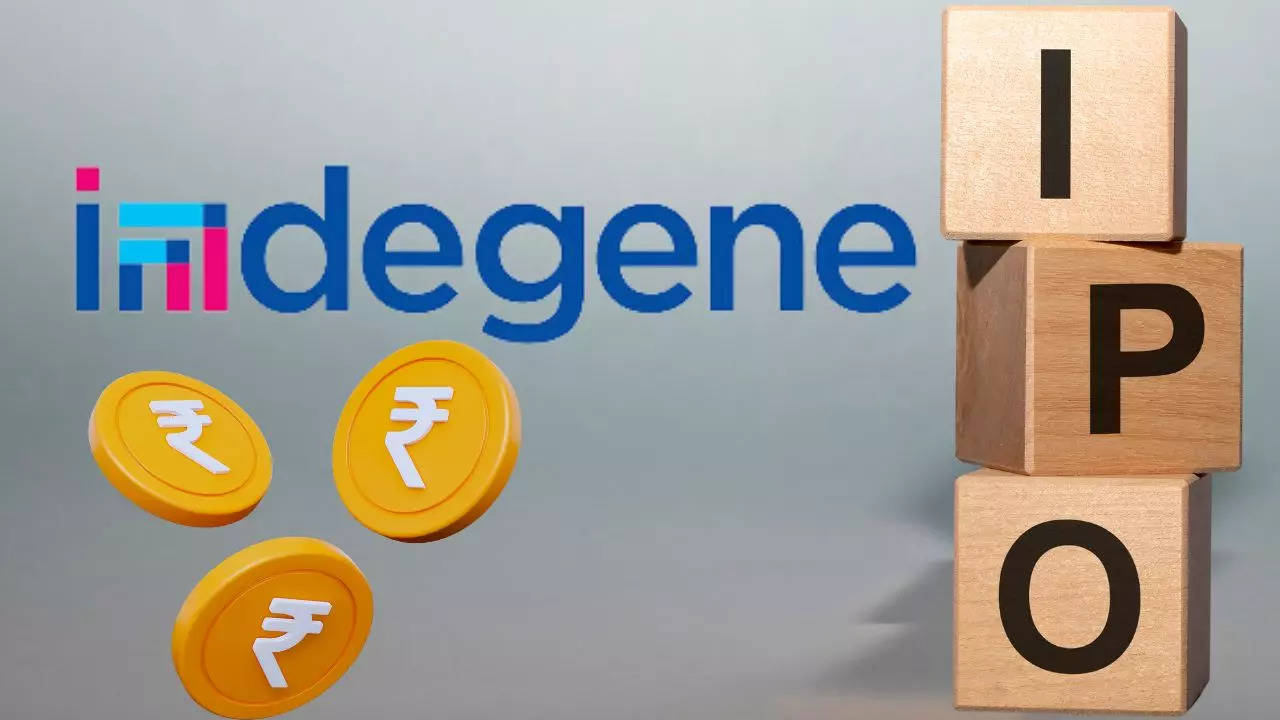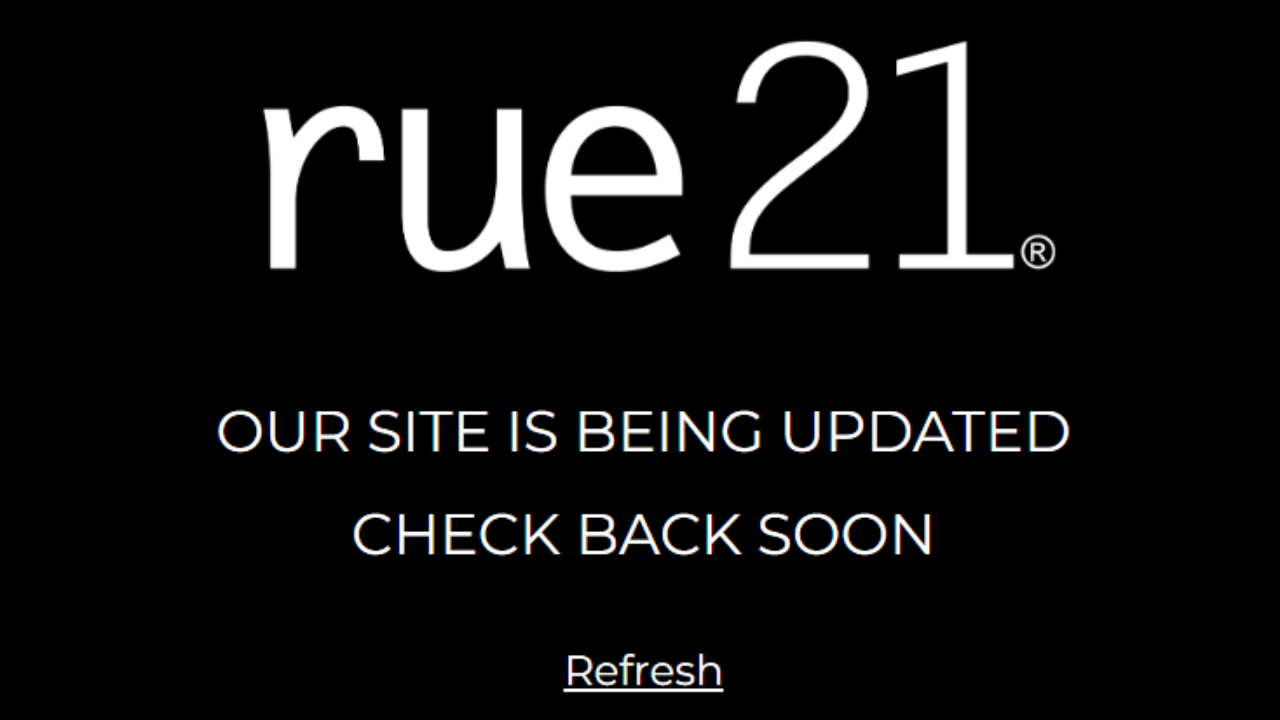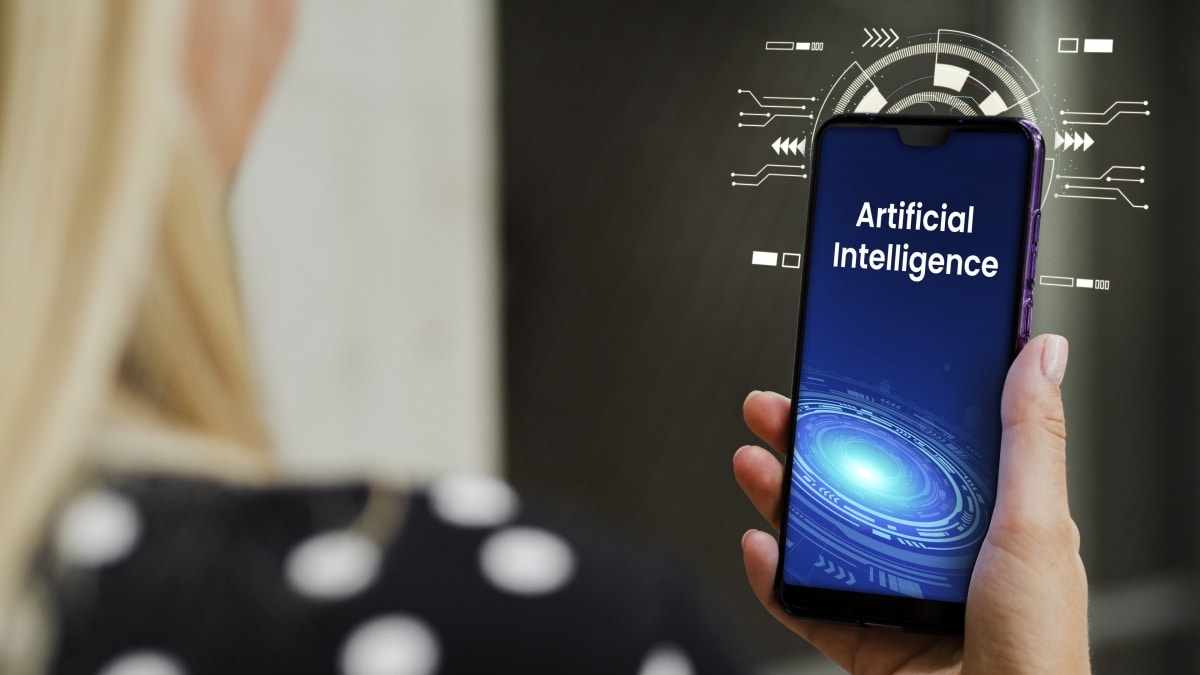
Artificial intelligence is rapidly transforming mobile app development and empowering developers to build more complex and advanced apps than ever before. AI provides developers with new tools and capabilities that automate time-consuming tasks, generate code, test apps, collect data, and make predictions. This allows developers to focus their efforts on innovation and delivering next-level user experiences.
With the help of AI, developers can now build mobile apps with incredibly intuitive interfaces, near-human conversational abilities, and highly personalized recommendations. Apps are becoming smarter, more contextually aware, and capable of improving themselves over time without the need for constant developer intervention. AI is also accelerating development cycles, allowing apps to be built faster and at lower costs.
Overall, AI is revolutionizing mobile app development by augmenting human intelligence and freeing up developers to push the boundaries of what’s possible. Exciting new apps are being created that provide users with experiences that would not have been feasible just a few years ago. The synergy between AI and human creativity has the potential to reshape the app landscape and continue empowering developers well into the future.
AI-Powered Code Generation
AI-powered code generation platforms like Anthropic and GitHub Copilot are revolutionizing mobile app development. The introduction of AI to Swiftspeed app creator has also improved app development and publishing. These tools use large language models trained on millions of lines of code to suggest context-relevant code snippets and entire functions to developers in real time as they write.
This significantly boosts developer productivity, enabling faster app development cycles. Developers no longer have to constantly look up boilerplate code or worry about memorizing APIs. The AI code suggestions are also often more efficient and modern than what a developer may have written manually.
Code generation platforms drastically lower the barrier to creating complex mobile apps. The AI handles the tedious and mechanical parts of coding, freeing up developers to focus on the creative aspects. Even developers with little experience can build sophisticated apps by leveraging the AI’s programming knowledge.
Overall, AI code generation makes mobile developers more empowered. It augments their abilities and allows them to create apps with previously unthinkable speed, scale, and complexity. This innovation will likely lead to a new generation of intelligent mobile apps that transform how we live and work.
Intelligent App Testing
Artificial intelligence has revolutionized app testing by automating time-consuming tasks and providing more comprehensive analysis. Rather than relying solely on developers to manually test apps, AI testing tools can quickly run through countless test cases.
One powerful example is Applitools, which uses visual AI to detect visual bugs and regressions across different platforms and viewports. It can compare screenshots and videos of app behavior to identify any deviations from expected results. Applitools simulates user actions and systematically checks the app’s appearance and functionality.
This visual testing removes the need for developers to manually compare screens and identify inconsistencies. The AI detects visual bugs that developers might miss through manual testing. It also enables running tests across far more use cases, device configurations, and user scenarios than humanly possible.
Overall, AI-powered testing tools like Applitools provide automated, comprehensive, and rapid testing. This allows developers to focus their efforts on building features rather than testing. Intelligent testing solutions are a huge time-saver and ensure apps function correctly before release.
App Personalization
AI has transformed mobile apps by enabling highly personalized and customized experiences for each individual user. Here are some of the key ways that AI powers app personalization:
- Personalized recommendations – Apps can now provide tailored suggestions and recommendations for each user based on their preferences and usage history. AI algorithms analyze user data to understand interests and habits. For example, a shopping app can recommend products that match a user’s taste.
- Adaptive interfaces – The user interface and features can be adapted dynamically based on the user. For instance, an app may customize its interface for novice vs expert users. The layout, tutorials, options and flows are tailored for each user.
- Individualized content – AI allows apps to curate and deliver content that is most relevant for each user. News and social media apps can display posts, articles and videos based on user interests. Educational apps can adapt learning content to student proficiency levels.
- Predictive assistance – Apps can proactively provide assistance based on situational context. For example, a travel app may suggest alternative options when a flight gets delayed based on user data. A smart assistant may provide helpful information preemptively based on location and habits.
- Sentiment analysis – Apps can respond differently based on inferred user mood and emotions. For example, music apps may suggest upbeat songs when users seem sad based on contextual cues. Customer service chatbots can adapt tone and response accordingly.
By leveraging AI techniques like machine learning, natural language processing and neural networks, apps can understand users at an individual level and cater to their specific needs and preferences. This creates powerful personalized experiences that make apps more useful, engaging and contextual.
Intelligent App Monitoring
AI and machine learning are revolutionizing app monitoring by providing deeper insights and automation. Rather than rely solely on rules and thresholds, AI-powered monitoring tools like DataDog and Raygun can automatically detect anomalies and alert developers to potential issues.
These tools analyze massive amounts of log, user, and performance data to establish dynamic baselines for an app. Machine learning algorithms compare new data points against these baselines to identify deviations, spikes, and patterns indicative of emerging problems.
For example, AI might notice a surge in crash reports from a certain device model after a new OS update. It can aggregate relevant logs and traces to provide actionable diagnostic info to developers. This enables rapid investigation compared to sifting through raw data manually.
Intelligent monitoring tools can also fingerprint normal app behavior to detect performance degradation over time. Issues like memory leaks that gradually impair responsiveness can be flagged earlier.
Additionally, these solutions learn which alerts are false positives or non-actionable over time. They adjust alert sensitivity and provide intelligent recommendations to reduce alert fatigue.
Overall, AI-powered monitoring takes the grunt work out of diagnostics and helps developers focus on building features rather than troubleshooting. It brings expert-level app observability without requiring extensive tuning or resource overhead.
Automated UI/UX Design
AI is revolutionizing app design and development by automating tedious and time-consuming tasks. Rather than manually mocking up app screens, developers can now leverage AI design tools to generate UIs and prototypes.
One example is Anthropic’s Claude UI, an AI assistant for designers. Claude can turn rough sketches and descriptions into high-fidelity app screens and UI components. Designers simply describe what they want, and Claude generates responsive layouts and style guides. This automates repetitive design work so developers can focus on complex logic and functionality.
B12 is another AI design tool aimed at streamlining app development. It uses a conversational interface where designers describe the app screens they want to create. B12 then generates full-fidelity UIs and front-end code, integrating with platforms like React Native. Rather than weeks of design work, high-quality UIs can be produced in hours or days.
These AI-powered design tools allow developers to skip right to building a polished, production-ready UI. By automating rote design tasks, they empower developers to build incredibly complex apps faster than ever before. The future of app development will rely heavily on AI taking over UI/UX design.
Predictive Analytics
Predictive analytics leverages AI and machine learning algorithms to uncover insights from user data that can improve app engagement and retention. By analyzing past user behaviors and interactions, predictive analytics can identify usage patterns and forecast which users are at risk of abandoning an app.
App developers can use predictive analytics to:
- Identify which app features drive user engagement and retention. The analytics can reveal correlations between specific app features and user retention rates. Developers can then focus on enhancing and promoting those successful features.
- Personalize the user experience. By understanding each user’s interests and habits, developers can provide customized content and offers that match individual preferences. Personalization boosts satisfaction and retention.
- Predict which users are likely to churn. The analytics algorithms can single out users exhibiting pre-churn behavior patterns. Developers can then target these high-risk users with special promotions and messaging to dissuade them from abandoning the app.
- Optimize user flows and remove friction points. By pinpointing parts of the app where users struggle or lose interest, developers can streamline and refine user paths to reduce fallout.
- Test variations to features and messaging. Developers can run A/B tests by deploying predictive analytics-driven variations to different user segments and measuring the impact on engagement and retention.
By leveraging predictive analytics, mobile app developers gain data-driven insights to incrementally improve app stickiness. The algorithms help uncover what really drives user behavior and allow developers to take proactive steps to maximize retention and prevent churn.
Natural Language Processing
Natural language processing (NLP) allows apps to understand and interact with human language. This powers many AI features that are becoming commonplace in mobile apps:
- Chatbots and Virtual Assistants – Apps like banking and ecommerce apps now integrate chatbots to handle customer service queries. NLP enables the chatbot to understand the user’s questions and provide relevant responses. Voice assistants like Siri and Alexa also rely on NLP to parse voice commands.
- Real-time Translation – Translation apps like Google Translate can now translate between languages in real-time using advanced NLP models. This allows mobile apps to break down language barriers by translating content on the fly.
- Text Prediction – Mobile keyboards and messaging apps use NLP to suggest the next word a user may want to type based on the context. This improves typing efficiency.
- Sentiment Analysis – Apps can analyze user reviews and social media posts related to the app to gauge user sentiment. NLP is able to extract the underlying emotions like satisfaction, frustration, etc. This provides valuable feedback to the app developers.
- Search – NLP powers the search capability within apps, allowing users to find content using natural language queries. This creates an intuitive search experience.
So NLP is a key enabling technology for many popular features in today’s mobile apps. It allows apps to understand nuances of human language and engage users in a natural conversational manner. With advancements in deep learning, NLP will continue to expand the horizons of what is possible in mobile apps.
Accelerated Development Cycles
AI is allowing mobile developers to deploy updates and new features at a much faster pace than ever before. With AI-powered tools, developers can iterate quickly without compromising quality.
One way AI accelerates development cycles is through automated testing. AI testing tools can run through countless test scenarios in a fraction of the time a human could, allowing developers to catch bugs early and ship stable code faster.
AI also speeds up development by generating code templates and boilerplate. Rather than writing mundane code from scratch, developers can use AI to generate the necessary frameworks and focus their efforts on the unique parts of the app. This code generation removes repetitive tasks and cuts development time significantly.
Finally, AI analytics provide insights that help developers prioritize which features to build next. By analyzing user behavior and feedback, AI gives developers a clear roadmap for high-impact new features that will delight users. This allows them to focus efforts on updates that matter most.
In summary, by automating testing, generating reusable code, and prioritizing features, AI enables mobile developers to bring innovations to market much faster. Apps can now evolve continuously to meet changing user needs thanks to AI acceleration of development cycles.
Conclusion
AI is rapidly transforming and empowering mobile app development in profound ways. As we’ve explored, AI-powered tools allow developers to generate code, test apps, personalize experiences, monitor performance, design interfaces, analyze data, process natural language, and accelerate development cycles.
These AI capabilities are unlocking tremendous productivity gains, enabling developers to build more complex and intelligent apps faster than ever before. Apps can now leverage AI to provide customized, contextually-aware, and predictive experiences. AI is also enhancing app quality by automating testing and monitoring.
Looking ahead, AI will become even more deeply integrated into the app development lifecycle. We can expect more advanced AI-powered tools for planning, prototyping, coding, debugging, optimization, and maintenance. AI assistants may even work collaboratively with developers to write and refine code.
The future is bright for AI-powered app development. As AI continues to progress, it will empower developers to create ever more sophisticated mobile apps that intelligently adapt to users and push the boundaries of what’s possible. Exciting innovations lie ahead as AI transforms app development into an intuitive, creative, and highly-automated process.

